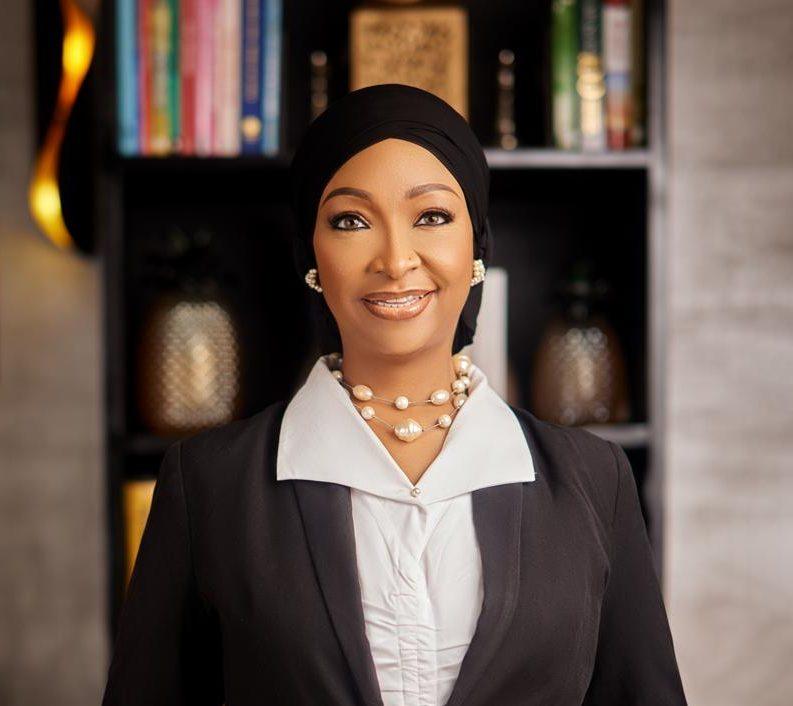Nigeria’s Minister of Art, Culture, Tourism, and the Creative Economy, Barrister Hannatu Musa Musawa, has unveiled a sweeping reform agenda for the sector, projecting the creation of over 500,000 jobs in the music industry alone by 2030. The minister made this known during a ministerial briefing where she presented her ministry’s scorecard under President Bola Ahmed Tinubu’s administration.
Addressing stakeholders, including Special Adviser to the President, Dr. Terry Awali Muhammed, and other dignitaries, Musawa praised the Tinubu administration’s commitment to diversification and innovation through the creation of a standalone ministry for culture, tourism, and the creative economy, a first in Nigeria’s history.
“President Tinubu came with a mission to impact future generations by diversifying Nigeria’s economy,” she said. “Recognizing the immense potential in the creative economy, he merged relevant ministries to form this strategic portfolio, aligning tourism, art, culture, and creativity into a single powerhouse.”
One of the ministry’s flagship initiatives, the D30 Data Platform, is set to be unveiled in the first week of June. This open-source mapping project captures extensive data across the creative industry and aims to guide investment, policy, and program development.
“Without data, we cannot assess or attract investment,” Musawa noted. “D30 gives us the insights to position Nigeria as a creative hub.”
Initial findings show that regional creative hubs in Abuja, Lagos, Edo, Delta, and Plateau States are thriving, with significant potential to expand job creation and self-employment in music production, marketing, and sales.
Minister Musawa revealed that several long-overdue policies are undergoing urgent review and implementation.
These include:
National Intellectual Property (IP) Policy Strategy – Developed in collaboration with the Ministry of Justice and Trade, to protect creators’ rights and attract investment.
National Incentives Policy for the Arts, Culture & Creative Economy – Aimed at fostering growth through targeted support for creatives.
Read also:
- Labour Minister pushes House of Reps to fast-track passage of Labour Bills to boost jobs, productivity, economic growth
- Tinubu launches ‘Armed Forest Guards’ to reclaim over 1,100 forests from terrorists, boost youth employment
- FG approves new national employment policy to tackle unemployment, boost economic opportunities
Tourism Policy Review (2005) and Culture Policy Review (1988) – Both updates will modernize frameworks to reflect current realities.
Creative Economy Development Policy – A brand-new initiative to provide a blueprint for sectoral growth.
Also under consideration is the Creative Economy Development Fund and the Creative Leap Acceleration Program, a digital platform to empower tech-enabled creative startups with funding and co-working infrastructure.
“We understand funding is a major challenge. With the IP Monetisation Pilot, we are exploring how creatives can leverage their works as securitized assets,” Musawa explained.
Musawa emphasized that Nigeria’s strength on the global stage lies in its cultural exports and soft power. Through initiatives like Destination 2030 Nigeria Everywhere, the ministry seeks to position Nigeria as a cultural beacon across the African continent and the global stage.
“From 93rd in 2003 to 77th in the global soft power index today our cultural influence is rising,” she said. “Our arts, music, food, fashion, and film are Nigeria’s real power.”
The minister concluded with a call to action for collaboration across private and public sectors, promising that the ministry remains committed to unlocking the creative industry’s full potential as a pillar of Nigeria’s economic resurgence.
“These figures are not just statistics. They represent real opportunities for millions of Nigerians,” she affirmed. “This is about transforming talent into wealth, and dreams into development.” She added.
